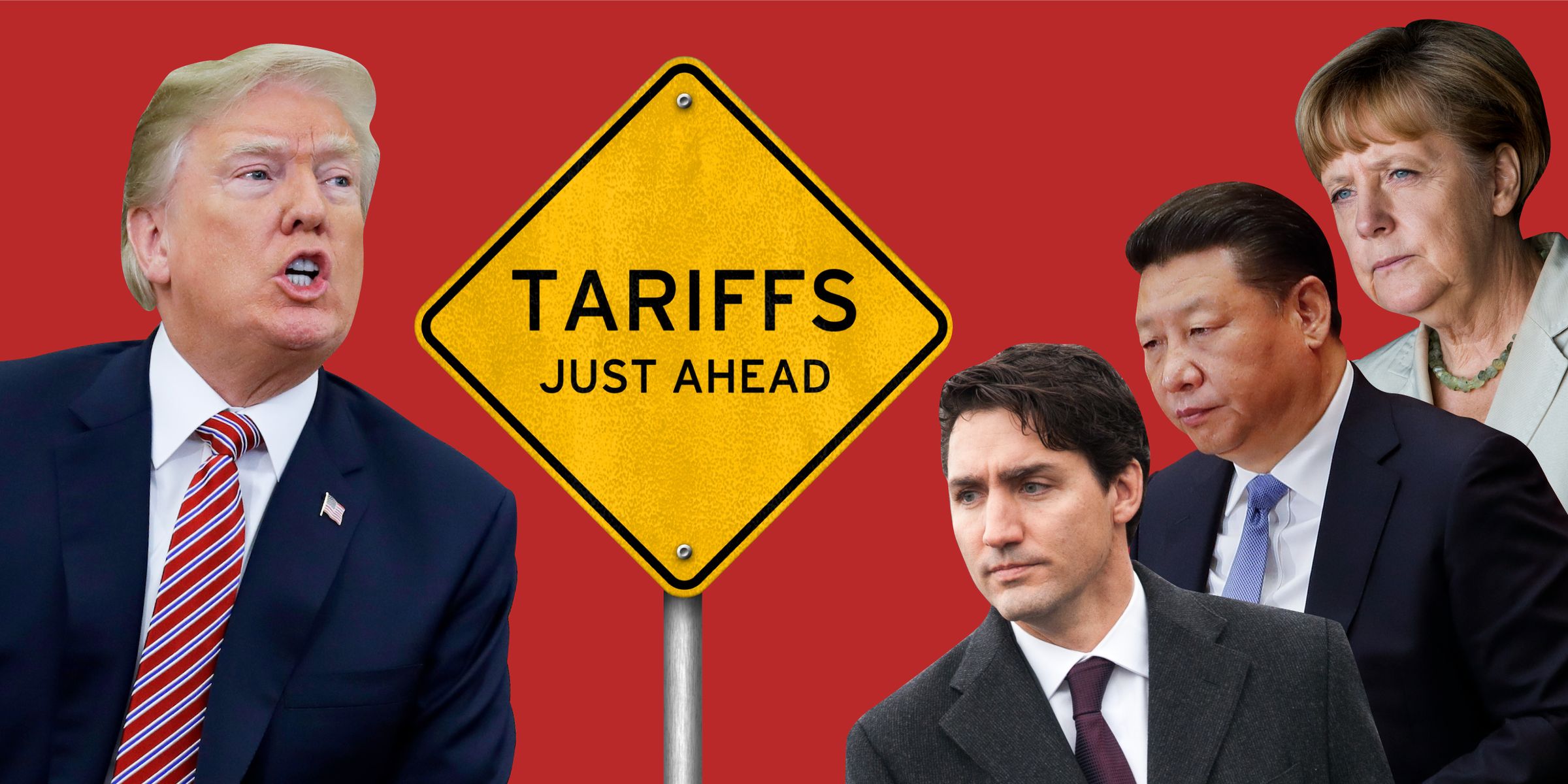Double Trouble In Hollywood: Actors Join Writers' Strike, Causing Widespread Production Delays

Table of Contents
The Writers' Strike: A Recap and its Impact
The Writers Guild of America (WGA) strike, which began in May 2023, initially sent shockwaves through Hollywood. The walkout, involving thousands of screenwriters, stemmed from years of simmering discontent over unfair labor practices and inadequate compensation in the rapidly evolving media landscape.
Key Demands of the Writers Guild of America (WGA)
The WGA's core demands center around several key issues:
- Fair wages in the streaming era: The rise of streaming platforms has drastically altered the revenue models for television and film, often resulting in significantly reduced residuals for writers compared to the traditional network television model. Writers argue that their compensation hasn't kept pace with the industry's growth, particularly in the lucrative streaming sector. This includes demanding fair payment for streaming viewership.
- Protection against AI-driven scriptwriting: The increasing use of artificial intelligence in scriptwriting poses a significant threat to writers' livelihoods. The WGA is pushing for strong safeguards to prevent the exploitation of AI to replace human writers and to ensure appropriate compensation if AI is used in the creative process.
- Improved residuals for streaming content: Streaming services often offer a fraction of the residuals compared to traditional television broadcasts, leaving writers with significantly less income despite the popularity of their work. This has become a major point of contention.
- Unfair Practices: Examples include the practice of "mini-rooms," where writers are hired for short periods without traditional benefits or fair compensation, and the increasing use of "packaging deals" where producers bundle writers' services, limiting their individual bargaining power and often depressing compensation.
Initial Production Delays and Economic Fallout
The initial impact of the writers' strike was already substantial. Numerous television shows faced significant production delays, with some shows entirely halting production. Major film productions also experienced setbacks. Beyond the immediate impact on studios, the strike had a ripple effect across related industries, resulting in widespread job losses for crew members, caterers, transportation services, and numerous other businesses that support film and television production. Early estimates indicated potential job losses in the tens of thousands.
SAG-AFTRA Joins the Fight: Actors' Strike Deepens the Crisis
The actors' strike, spearheaded by the Screen Actors Guild – American Federation of Television and Radio Artists (SAG-AFTRA), significantly escalated the crisis. Joining forces with the WGA created a virtual shutdown of Hollywood, amplifying the economic impact and highlighting the shared concerns of both writers and actors.
SAG-AFTRA's Grievances
SAG-AFTRA's grievances mirror many of the WGA's concerns, particularly regarding fair compensation and the utilization of AI. Their key demands include:
- Fair compensation for streaming and residuals: Similar to the writers, actors are demanding improved residuals and fairer compensation for their work on streaming platforms, arguing their current compensation doesn't reflect the immense profits these platforms generate.
- Concerns about the use of AI in the industry: The union is deeply concerned about the potential for AI to replace actors' roles, particularly through the creation of digital doubles and AI-generated performances. They are demanding safeguards to prevent such exploitation.
- Self-tape auditions and their impact on actors' livelihoods: The increasing prevalence of self-tape auditions has reduced the opportunities for actors to receive professional feedback and support, impacting their careers and livelihoods. They are pushing for reforms in audition practices.
- Unfair Practices: SAG-AFTRA also highlights concerns about unfair contract terms that favor studios and limit actors' bargaining power, including issues surrounding background actors’ pay, and compensation for the use of AI generated content featuring their likeness.
Amplified Production Halt and Economic Consequences
The combined impact of the writers' and actors' strikes brought Hollywood to a near-complete standstill. Production on virtually all major film and television projects ceased, with enormous financial implications for studios, networks, and streaming services. The ripple effect through related industries intensified, resulting in widespread job losses and economic hardship across multiple sectors. Projected losses from the double strike amount to billions of dollars.
Potential Long-Term Effects of the Hollywood Double Strike
The double strike presents unprecedented challenges and could fundamentally reshape the entertainment industry's landscape.
Impact on Film and Television Production Schedules
The immediate impact is a significant backlog of productions. Upcoming movie releases face delays, and some projects might be cancelled altogether. Studios are likely to revise their production strategies, possibly consolidating projects or delaying less crucial titles.
Negotiation Challenges and Potential Outcomes
Reaching a compromise between the unions and the studios will be incredibly difficult. The studios are facing immense financial pressures, but the unions are resolute in their demands for fundamental changes. Several potential outcomes range from a swift, agreeable settlement to a prolonged struggle, potentially influencing future labor agreements and industry practices.
The Future of Streaming and the Entertainment Industry
The double strike could force a re-evaluation of the streaming model. The disputes highlight the need for more equitable revenue-sharing models and a more robust framework to protect creative professionals from exploitation in the rapidly evolving digital landscape. It also sheds light on the need for updated labor laws which consider the needs of workers in the current digital environment.
The Impact of Hollywood's Double Strike: A Call to Action
The simultaneous writers' and actors' strikes represent a watershed moment in Hollywood history. The widespread production delays and substantial economic consequences underscore the urgent need for fair compensation, protection against AI, and improved working conditions for creative professionals. The core demands—fair wages, AI safeguards, and improved residuals—highlight systemic issues within the entertainment industry. Keep up-to-date on the progress of Hollywood's double strike and support fair compensation for actors and writers. Visit the WGA and SAG-AFTRA websites for more information and to learn how you can support their efforts.

Featured Posts
-
 Finding Your Dream Home Luxury Presences Off Market Property Portal
May 13, 2025
Finding Your Dream Home Luxury Presences Off Market Property Portal
May 13, 2025 -
 The Impact Of Wildfires On The Uks Most Endangered Animals
May 13, 2025
The Impact Of Wildfires On The Uks Most Endangered Animals
May 13, 2025 -
 The Potential Return Of Trump Tariffs Implications For European Businesses
May 13, 2025
The Potential Return Of Trump Tariffs Implications For European Businesses
May 13, 2025 -
 Eva Longorias Top Photos A 50th Birthday Celebration
May 13, 2025
Eva Longorias Top Photos A 50th Birthday Celebration
May 13, 2025 -
 Aryna Sabalenkas Controversial Stuttgart Win A Photos Impact
May 13, 2025
Aryna Sabalenkas Controversial Stuttgart Win A Photos Impact
May 13, 2025
